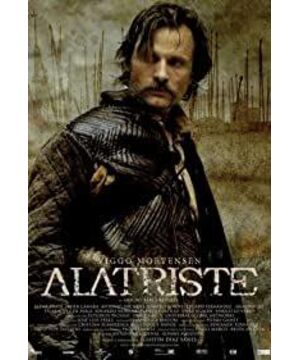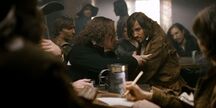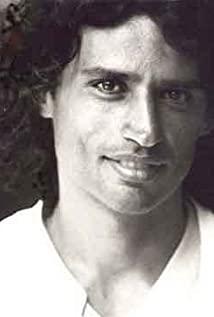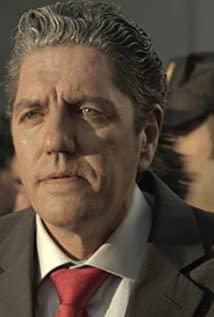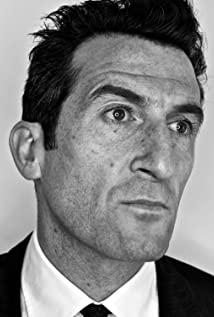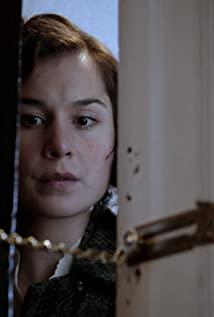I originally imagined that it would be a movie about the life of a group of mercenaries, but what completely surprised me was that this movie was so serious and formal. Although it was not a historical drama, it quite accurately restored the social outlook at that time. And the political struggle, the fate of the protagonist is second,
and the background of the whole film is unfolded in the Thirty Years War, which can also be seen as the memory of the Thirty Years War by the Spaniards (although the war was never broadcast. Spain), I don’t want to retell the war that changed the fate of Europe in the seventeenth century, because I was so fascinated by the “two heroes” story between the Swedish king Gustav II and the imperial hero Wallenstein, So much so that Spain's role in this war has never been squarely faced. However, the fate of the protagonist shows the huge inertia of history. Just like the butterfly effect, it controls everyone, making us so hopeless and helpless that we can only be reduced to machines that kill and be killed.
The great painter Velazquez appeared in the film, such as the famous "The Surrender of Breda", and also used the image to restore the picture of the oil painting. The color of the film is also similar to his oil paintings, with a strong sense of history and artistic temperament.
This movie has the original novel, but I don't know the Chinese version of the original novel. I hope it is more exciting than the movie. If that is the case, then it is a historical novel in the true sense - in the real historical destiny, writing the legend of the hero's personal destiny, he can never change history, but history will shape a legend. Like Hemingway's protagonists, he can never change his fate, but he is the victor of his life.
The last scene is an almost realistic war scene. In the seventeenth century war, cold weapons and hot weapons were used together, muskets and spears appeared alternately, Protestant knights still wearing armor, but Catholic Spaniards using pistols. And the Cartagena regiment of the Spanish Empire went to ruin in a tragic fate - the once invincible Spanish infantry phalanx was finally destroyed by the torrent of the times. When the Spaniards were left with only a group of defeated soldiers and the Protestant army demanded their surrender, the protagonist chose to fight as bravely as a lion.
He is not fighting for Spain, he has despaired for Spain, and he is not fighting for his comrades, because most of them have been wrapped in horses and leather, and he is not even fighting for himself, because life no longer belongs to himself.
He is just fighting for dignity.
The Last Knight - As in Cervantes' Don Quixote, the most important possession of a man is dignity.
The movie doesn't explain whether he is dead or alive in the end, it just stops abruptly when he faces the enemy with dignity.
Such a man will not leave a name in history, but he will leave behind a brave battle back, a mournful and lonely roar, a low but never-desperate roar, and a helpless but heroic death.
Who wants to be such a man?
Maybe now I don't have the courage.
But history doesn't get hired.
View more about Captain Alatriste: The Spanish Musketeer reviews


